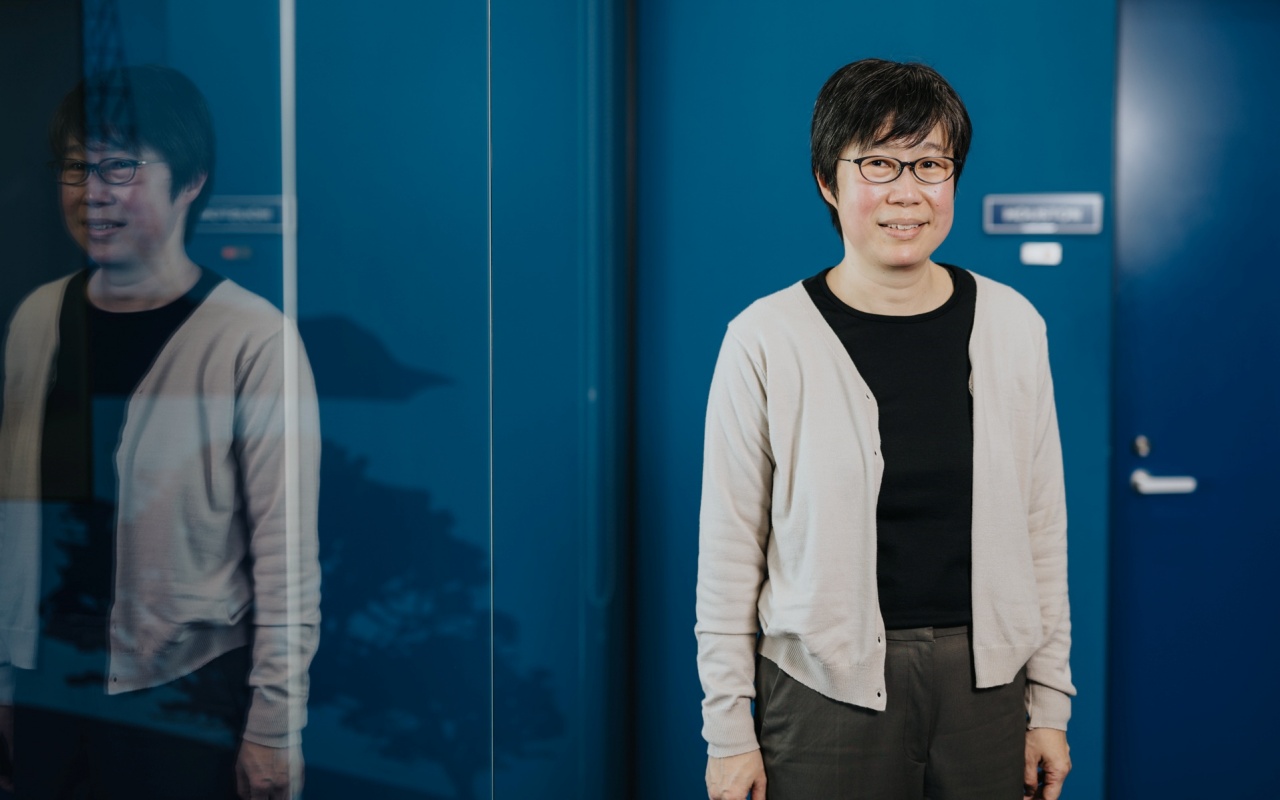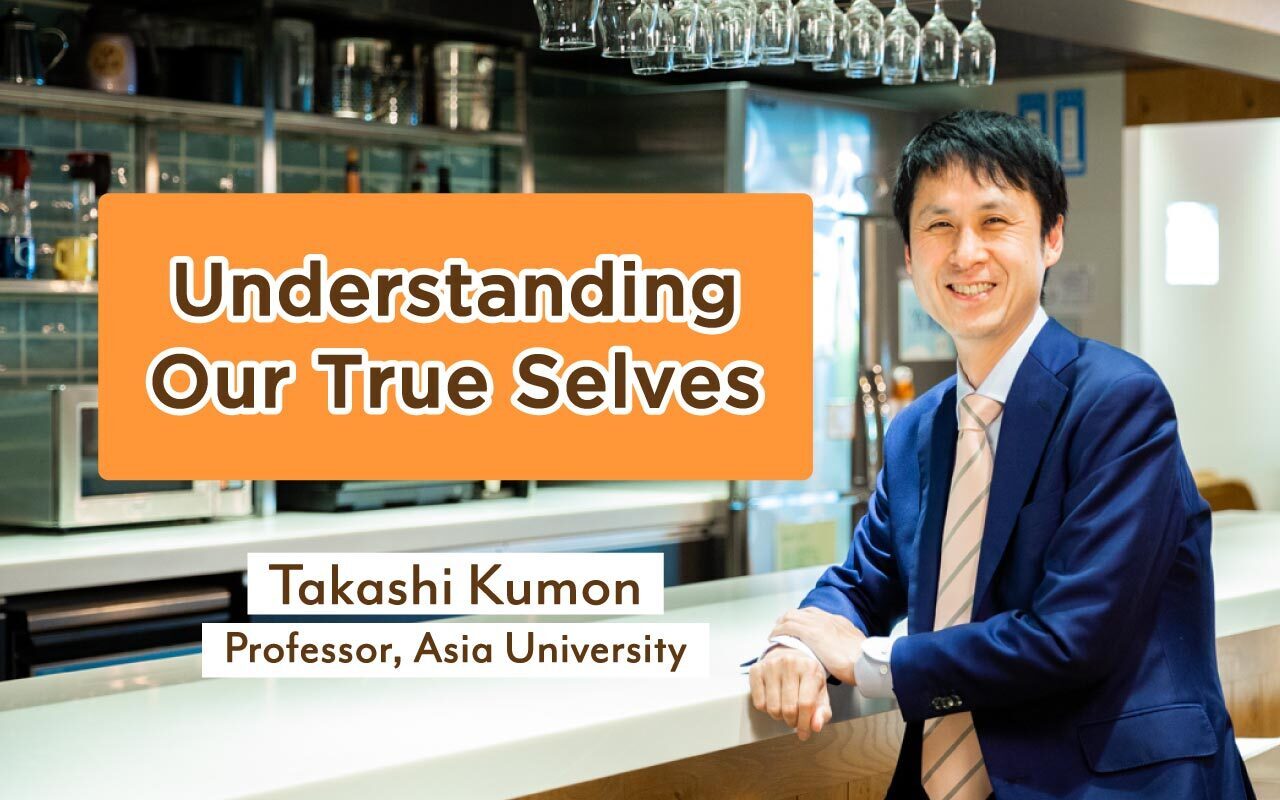Is Japan open enough? Japanese CEO asks foreign workers about the best and worst of working in Japan
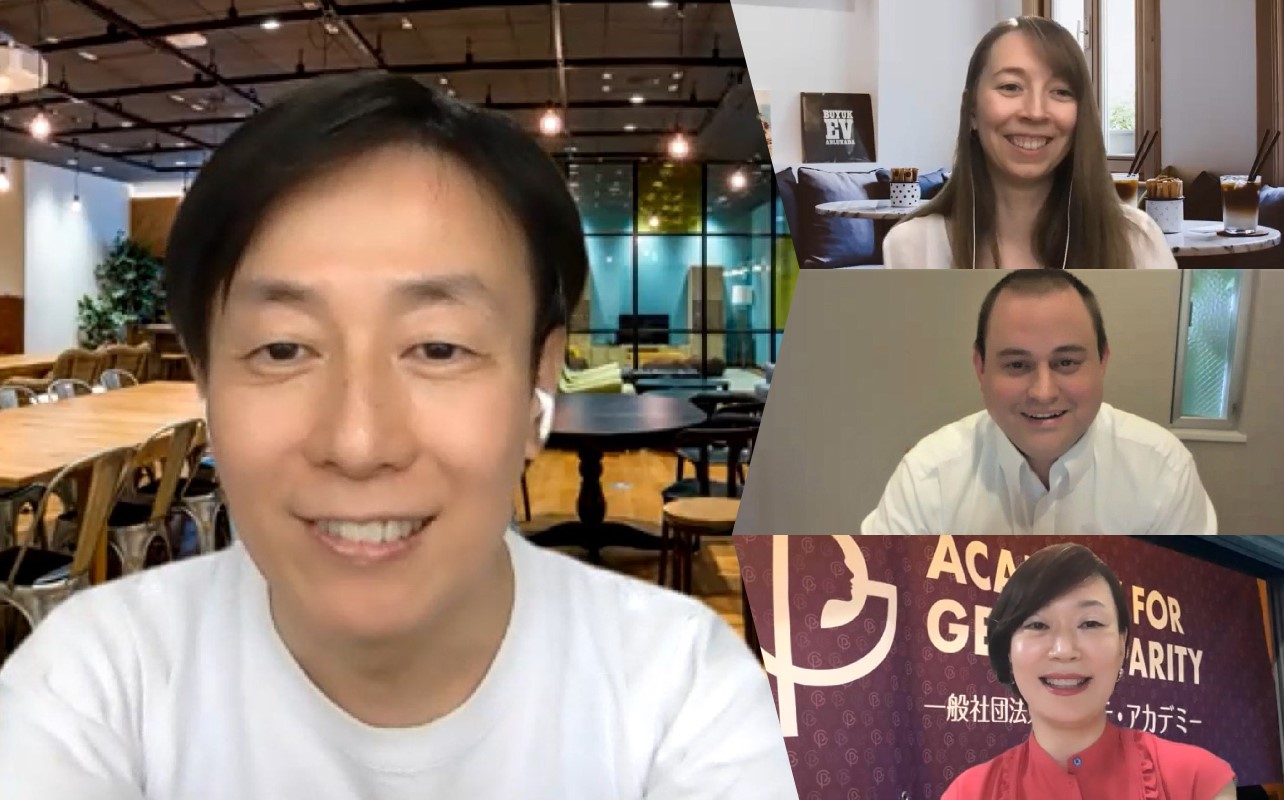
As part of our joint project "Diversity and the future of the Japanese workplace," Japanese software development firm Cybozu and The Japan Times recently sat down with three international residents for an online roundtable.
American Aaron Fowles, assistant manager of global communications at Toyota Motor Corp.; German Julia Behrends, customer support at online travel agency Voyagin; and South Korean Shin Ki-young, a professor of political science and gender studies at Ochanomizu University have roughly 14 years between them working in Japan. While their experiences navigating the local working culture may vary, they all have valuable insight into surviving and thriving as a non-Japanese worker in Japan.
They graciously shared advice with the ever-curious Yoshihisa Aono, founder and CEO of Cybozu.
Note: Opinions do not reflect the views of their companies.
This is the second article in our series "Diversity and the future of the Japanese workplace." Together with The Japan Times, we examine the changing workplace environment and what the future of work may look like as companies embrace diversity, internationalize their human resources and adapt to new working conditions.
Work-life balance
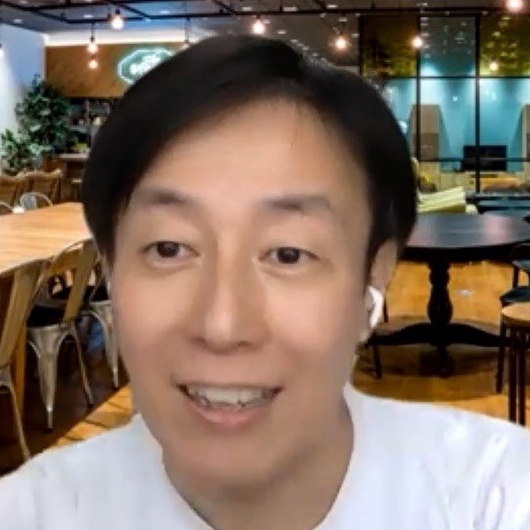
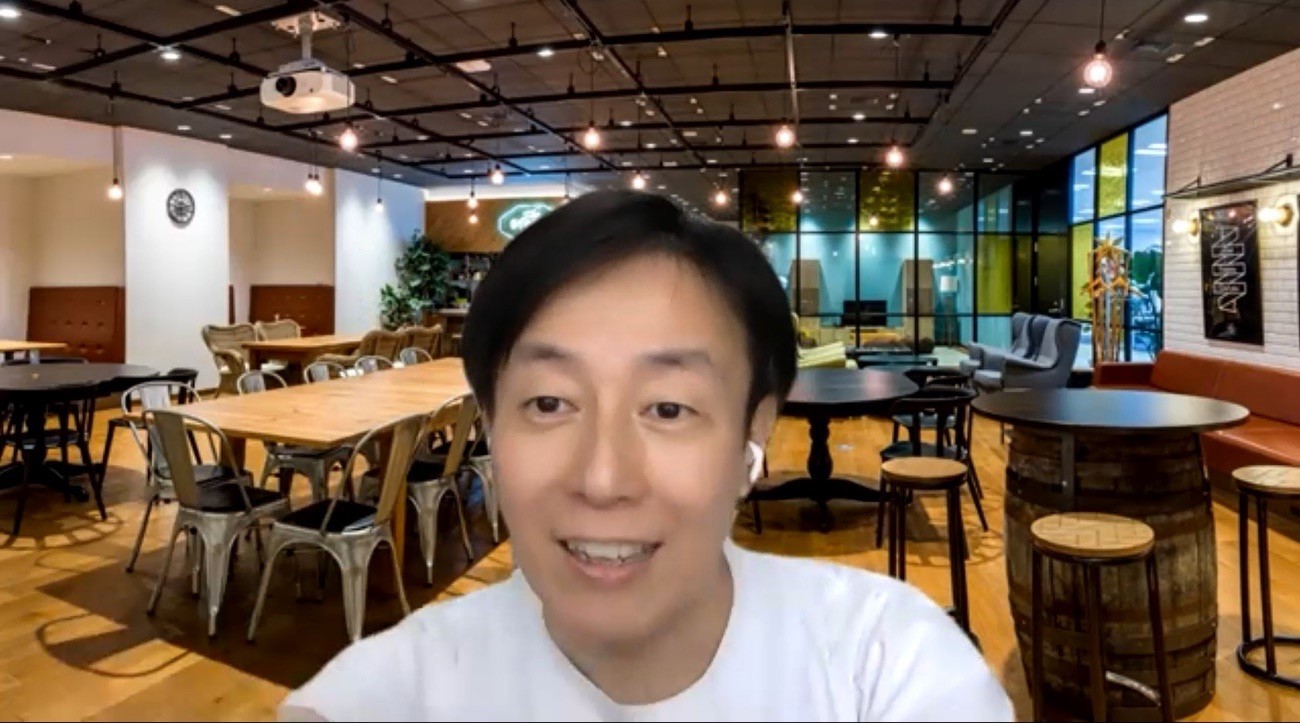
Yoshihisa Aono is the CEO of Cybozu. After graduating from Osaka University, he joined Matsushita Denkou (currently Panasonic). In August 1997 he co-founded Cybozu, and in April 2005 he was appointed CEO. Yoshihisa spearheaded the company's workstyle reform, as well as its transition toward its cloud-based product Kintone in 2011. He is the author of several books on teamwork and happiness at work.

It's difficult to accept the Japanese idea of work-life balance. American people work to enjoy our lives. We treasure time with our families.
Of course, Japanese people cherish their families too, but they're more willing to sacrifice family for work. This creates pressure within the office to work longer hours. As a result, I sometimes feel guilty for leaving the office on time, even though I've finished my work.


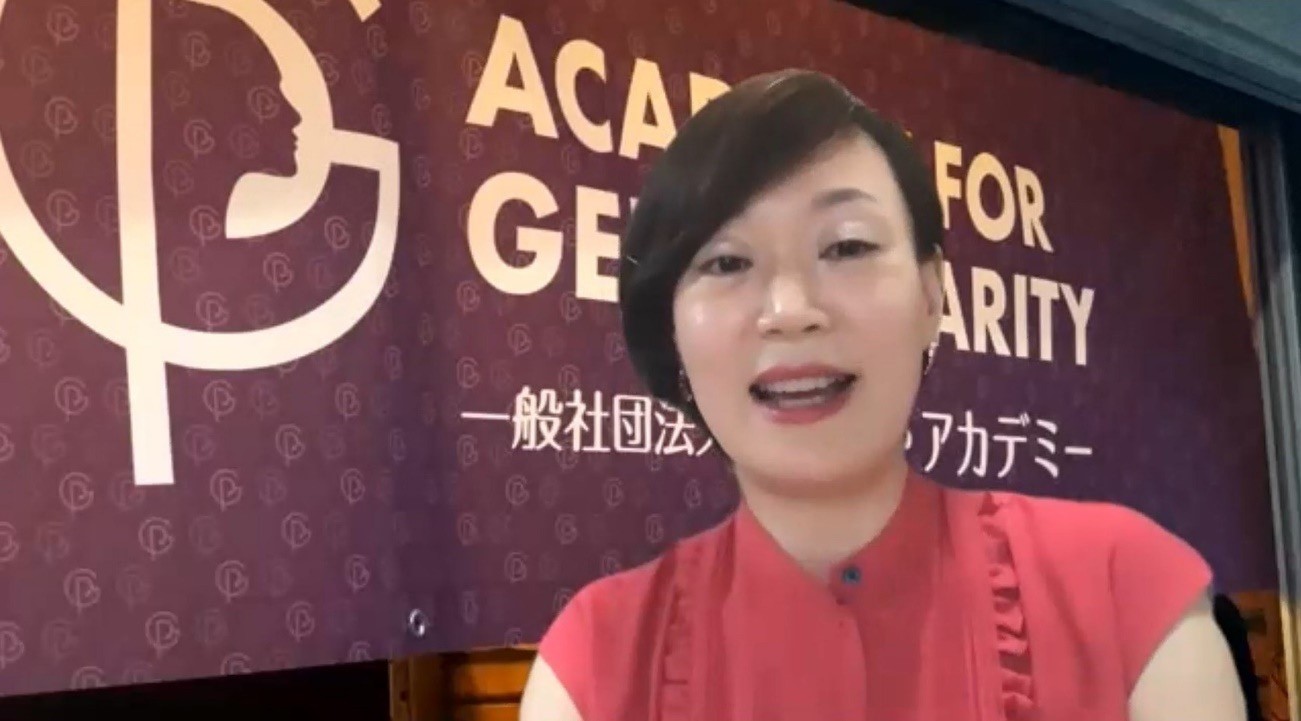
Shin Ki-young from South Korea is a professor of political science and gender studies at Ochanomizu University and the co-founder of the Academy for Gender Parity, an organization to nurture female political leaders. While studying at the University of Washington in Seattle, she first came to Japan in 2002 for her comparative research on Japan and South Korea to write her doctoral thesis. Since 2008, she has worked in the Institute for Gender Studies and the Graduate School of Humanities and Sciences at Ochanomizu University.
Structure and promotion



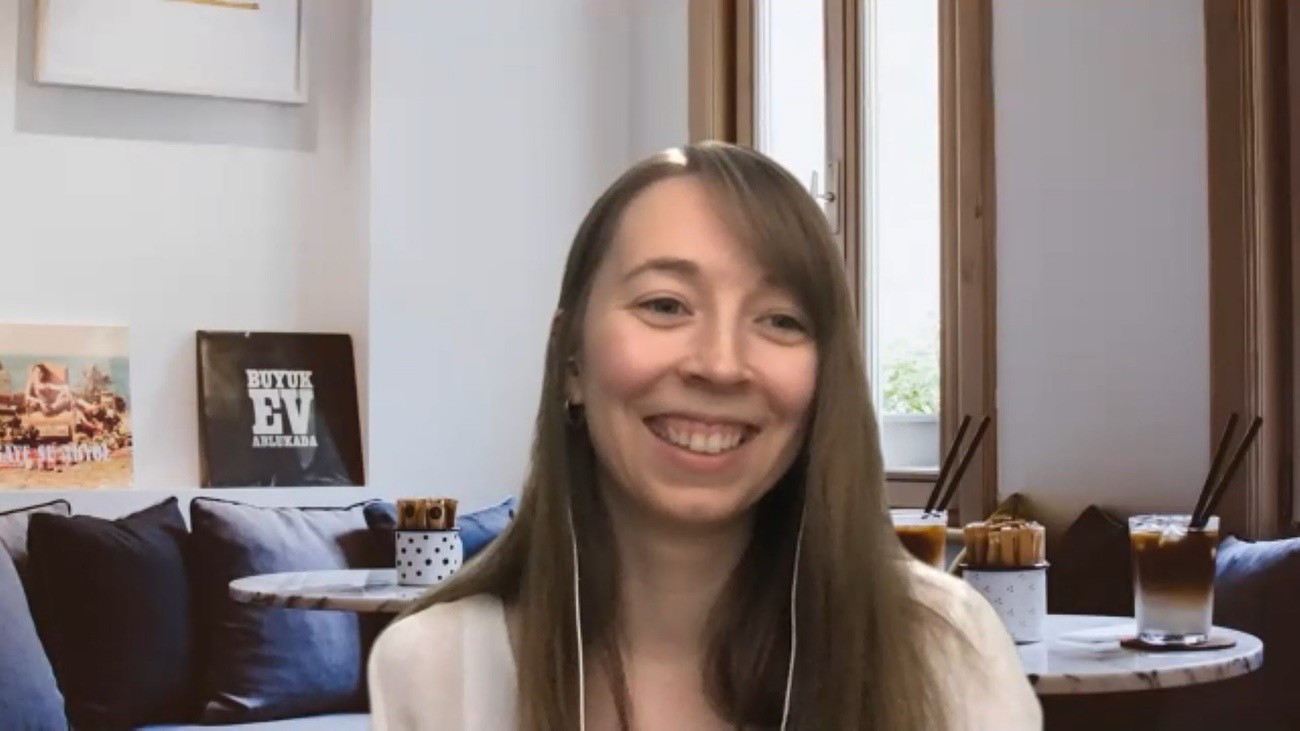
Julia Behrends from Germany works in customer support for online travel agency Voyagin. She studied Japanese in university and spent a year in Kumamoto Prefecture as a student. After three years working for a travel company in Germany, she returned to Japan and joined Voyagin. Voyagin was merged into Japanese e-commerce giant Rakuten Inc. in July.

It takes time to earn the trust of your boss and new colleagues in Japan. Until you earn that trust, you may not be assigned jobs that match your professional ability. I worry that foreign staff may end up feeling frustrated if Japanese companies don't make full use of their abilities.
Additionally, Japanese bosses tend to develop relations among team members through unofficial social interactions. A good example is after-work drinking parties, known as nomikai. While attendance is rarely mandatory, it's a practical necessity to build trust and good relations with your team.

Aaron Fowles from the U.S. works as an assistant manager of global communications for Toyota Motor Corp. Prior to studying Japanese in university, he first came to Japan as a missionary in 1998. Then, after returning to and finishing his studies in the U.S., he started his career in 2005 and has worked for Japanese companies, including the former Sanyo Electric Co., Konami Digital Entertainment Inc. and Toyota, both in the U.S. and Japan.
Key for building trust










Life after coronavirus


I've been living in Japan for many years, so things have gotten easier. I will say that it's still difficult to handle certain medical situations, such as finding suitable hospitals and speaking with doctors.
Also, for people who have just arrived in Japan, it may be helpful to know which shops and restaurants offer familiar foods.
Overall, companies should provide support tailored to individual needs, rather than general measures. Recently, Toyota's life support center gave me good advice regarding my family's health care. I really appreciated that.




Remote work could open new possibilities.
Personally, my ideal work style would be to alternate between Japan and South Korea, delivering lectures from wherever I happen to be at the time. Online tools have the potential to bring more flexibility in our jobs and facilitate international exchange.


Advantages of working in Japan

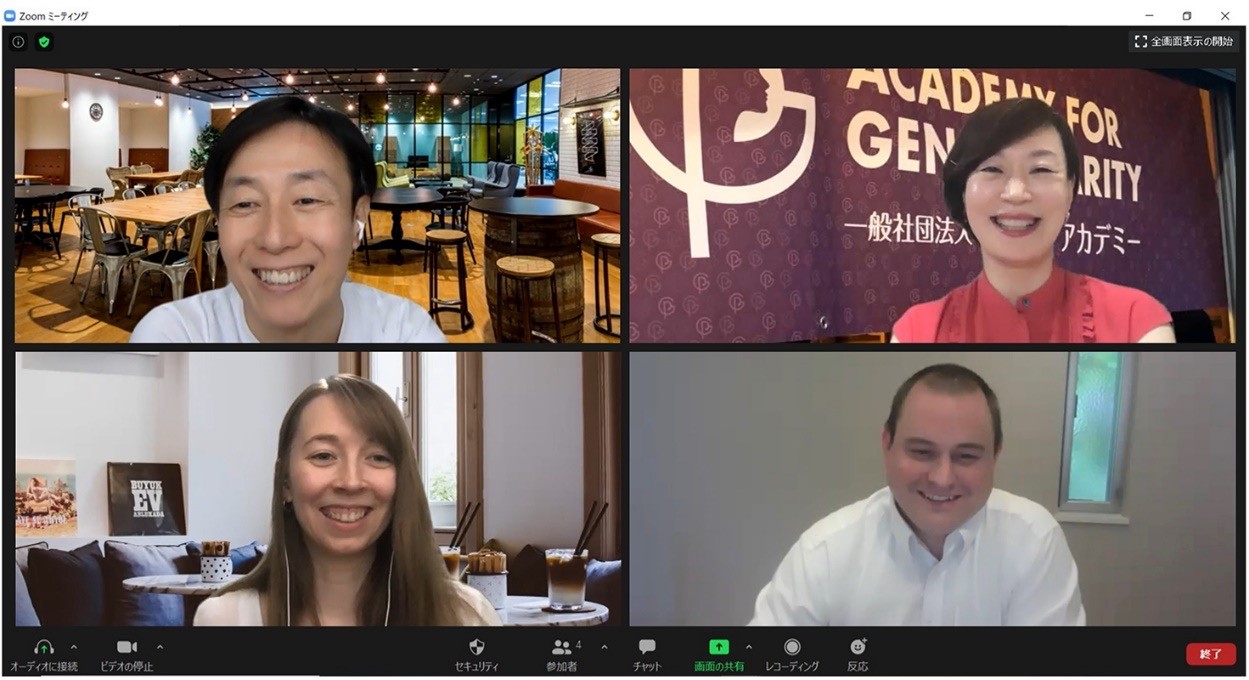
(Clockwise from top left) Yoshihisa Aono, founder and CEO of Cybozu Inc., moderates an online discussion with Shin Ki-young, a professor of political science and gender studies at Ochanomizu University, Aaron Fowles, assistant manager of global communications at Toyota Motor Corp. and Julia Behrends, customer support at online travel agency Voyagin.

American-style career development tends to put employees on a fixed path to becoming a specialist. Japanese companies are more likely to make personnel changes that allow employees to experience a wide range of responsibilities and fields.
For example, I've spent most of my career doing public relations, but once at my previous company, I was asked to serve as an assistant branding manager. While a lot of time, effort and resources are spent to explain ongoing business assignments, rotations enable members to see the company from different perspectives.


I'm torn on the idea of assigning work to non-specialized personnel. I see the merits of getting to experience the company from several perspectives, but rotations can lead to people without the necessary expertise in positions where that expertise is crucial. Especially when it comes to leadership positions, such an approach can foster mishaps which erode public trust in the institution.
For me, a big advantage of working in Japan is Tokyo's status as an international hub. Researchers from around the world are eager to visit. The fact that my university is based in central Tokyo has really helped me connect with foreign researchers. Japan may not be geographically close to Europe and the U.S., but there are strong cultural and political ties. The proximity to other Asian countries is a huge asset upon which Japan has yet to fully capitalize.

Thank you for sharing your thoughts and experiences. I was particularly struck by how much you emphasized the importance of early support and mentorship. I admire how you were all able to integrate in a society where the culture, food and language are all so different. As a company seeking to provide a more diversity-friendly work environment, I've come to realize just how important it is to support international workers in getting to know the local customs and build strong relationships beyond the workplace.
I was also surprised by your positive comments on some of Japan's traditional employment practices. Many people say we should embrace the global standard by introducing a job system wherein workers are offered specialist positions based on skill rather than seniority. I agree that skill should matter more, but I guess things aren't that clear-cut. Giving employees the opportunity to acquire general knowledge of the company through rotations can still sometimes be beneficial.
Finally, I continue to believe we will be able to live in a more free and flexible way by promoting the digitalization of society.
Thank you all again for taking the time.
Written by Chiho Iuchi. Edited by Alex Steullet, Ade Lee, Mina Samejima, and The Japan Times. Photographs courtesy of The Japan Times.
Writer
Editor

Alex Steullet
Alex is the editor in chief of Kintopia and part of the corporate branding department at Cybozu. He holds an LLM in Human Rights Law from the University of Nottingham and previously worked for the Swiss government.
